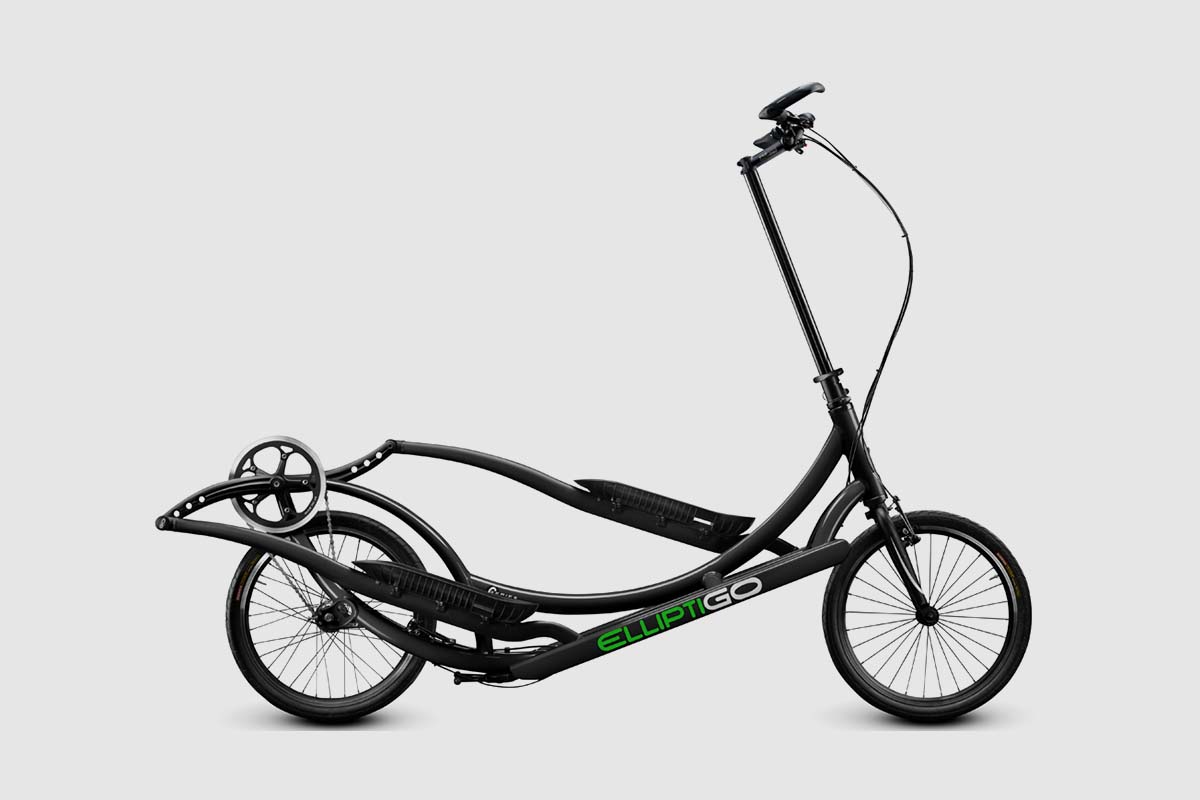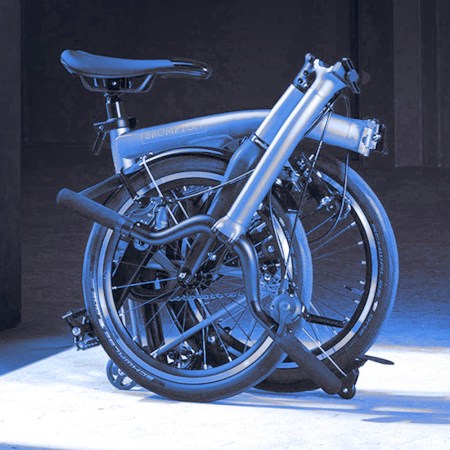When we asked a panel of running experts last fall to name their key to remaining healthy in the months before a marathon, there was a common refrain: cross-train. Running less is imperative to running a lot, and as that simple truth has become widely accepted by coaches and athletes in the running community, a variety of “off-day” activities have surged in popularity. At the top of the list, somewhat obviously, are the sport’s traditional endurance cousins — biking and swimming — but more recently, HIIT classes and yoga have become part of the running repertoire, too.
Another, oft-overlooked training tool that certain runners have come to rely on is elliptical biking. Back in 2014, one of the greatest marathoners in the history of the sport, Eritrean-born American Meb Keflezighi, won the Boston Marathon after cross-training with an elliptical bike. At 39 years old, he was the oldest winner of the race since 1930, and he’d supplemented his 150-mile weeks with frequent, hour-plus excursions on a model from EllitptiGO, the leading manufacturer in outdoor elliptical biking. ElliptiGO was founded in 2008 by Bryan Pate, a Stanford-educated ex-Marine, and Brent Teal, an ultra-running mechanical engineer. When they teamed up in the late aughts, both were eager for a cardio option that wouldn’t compound overuse injuries in their knees.
What they came up with is essentially an elliptical machine reimagined on a bike frame and outfitted with tires. Similar to spotting a Segway in the wild, or that motorized longboard that’s just two planks attached to a fat wheel, you’d know if you’ve seen an ElliptiGO before. It looks unmistakably bizarre when chugging down the road, because proper movement compels riders to stand in an upright position; unlike a bike, where the shoulders are slouched forward, Elliptigo riders stand tall like giraffes, and push forward with long, graceful strides that cover a ton of ground on each effort.
ElliptiGO considers that elliptical motion the crux of its bikes’ success, saying: “[It enables] smooth biomechanics that work muscle and cardiovascular systems, without jarring the body, while keeping the body in the optimal position to drive strength and speed.”
I’ve recently had a chance to test out the ElliptiGO 8C, the brand’s best-selling bike, and can confirm that the sentiment above isn’t just promotional jargon. Traditional biking is hell on the backside and the posterior chain, running overworks your knees and Achilles, and contact sports have a concussion problem. Taking a usually-static workout machine that burns calories without compromising your physiology out of the gym and onto the road might be a whimsical idea, but in theory, it’s also a genius one.

And the ElliptiGO does burn calories. You could take the brand’s word for it: ElliptiGO commissioned a metabolic study from its hometown University of California at San Diego, which found that “running” on an ElliptiGO burns 33% more calories than biking. But independent researchers, like the American Council on Exercise, have also confirmed the efficacy of an elliptical bike. In 2015, the ACE measured heart rate and oxygen consumption statistics of ElliptiGO users, and the results indicated that the bike is capable of improving cardio respiratory fitness and body composition.
Spend 30 minutes on the bike, though, and it’ll seem silly anyone had to arrange for a study at all. At first, crossing off blocks while atop one will feel easy — the long-stride model feels a bit like you’re hop-scotching on clouds, and with eight different gears, uphill isn’t a problem — but lactic acid will build in your thighs eventually. Gritting through it will lead to gains. During training for Boston, Keflezighi said his runner buddies assumed he’d been spending more time weightlifting his legs than in years past; he’d really just been cranking 10 to 20 miles at a time on an ElliptiGO.
Despite its cult status amongst runners — the iconic Northern Arizona Elite track club swears by it, and ultra runner Dean Karnazes once rode one 500 miles — or perhaps because of that fact, the ElliptiGO should be taken more seriously by aging exercisers, and anyone else looking to take it easier on their lower half because of a history of pain and/or rehabilitation. The world’s best endurance athletes and folks hobbling into the gym twice a week actually have one thing in common: they both absolutely dread injury. An activity predicated on sustainable, supplemental movement that bolsters heart health and core strength (all while outside, no less) is a blueprint for better wellness.
Why is seeing an elliptical bike still such an uncommon occurrence, then? Well, the machine is still young, and Americans have a tendency of waiting for official “trend” status before deciding to sweat in a new, highly specific way. (SoulCycle, for example, has been around since 2006.) The ElliptiGO has flirted with mainstream America a few times: The New York Post wanted to know what the hell it was way back in 2013, and Shaquille O’Neal was filmed darting down a street on one in 2015. But ElliptiGO’s climb to ubiquity seems unlikely: the bikes range in price from $800 to $3,700, they require far too much space for the foyer of most apartments, and for many (fair or not) they’re just a bit too goofy, too easily associated with an older crowd.
ElliptiGO is undoubtedly aware of all of that, and earlier in the year, actually reported an integrated training initiative in more than 250 schools across 44 states. The brand also sells a stationary trainer, so you can put the bike in a gym or garage for use across all seasons. Regardless of the brand’s multiple initiatives, though, or what individual people may think of elliptical biking, the fact remains that everybody — from Keflezighi to a 60-year-old who had a knee replacement surgery in 1993 to a 25-year-old Associate Editor — can stand to benefit from it.
If you’re looking to try one out before committing, head here. ElliptiGO can hook you up with a test ride location in your area. And if you’re keen to bring one home but are worried about the steep sum, look into financing options here.
This article was featured in the InsideHook newsletter. Sign up now.






















